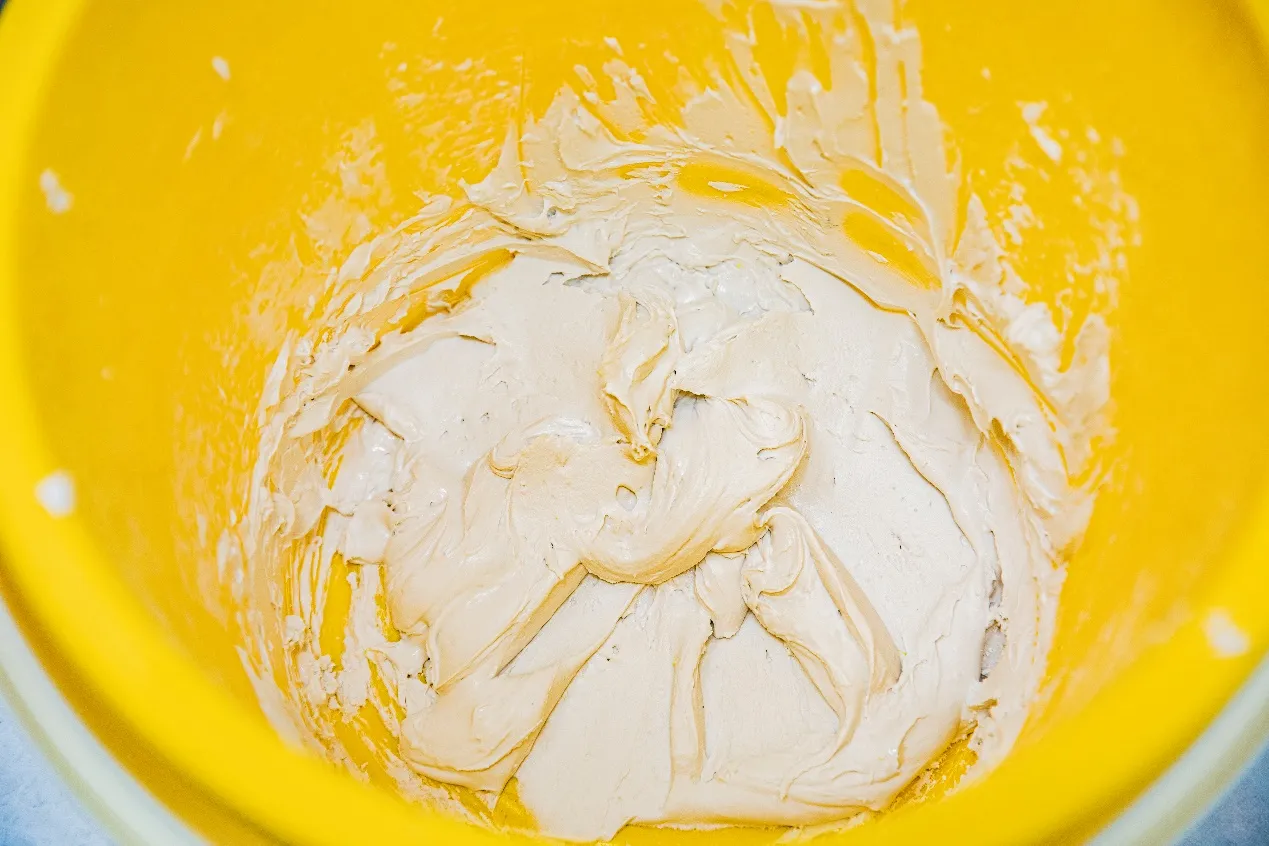
-

Add: HeBei ShengShi HongBang Cellulose Technology CO.,LTD.
-

Email
13180486930@163.com -

CONTACT US
+86 13180486930

Is HPMC Safe? Hydroxypropyl Methylcellulose Safety & Uses
- Understanding the Safety Profile of HPMC
- Technical Advantages of Hydroxypropyl Methylcellulose
- Comparative Analysis of Leading HPMC Manufacturers
- Customized Solutions for Industry-Specific Needs
- Application Case Studies Across Industries
- Regulatory Compliance and Quality Assurance
- Why HPMC Remains a Safe Choice for Modern Applications

(is hpmc safe)
Understanding the Safety Profile of HPMC
Hydroxypropyl Methylcellulose (HPMC) has undergone rigorous safety evaluations across global regulatory bodies. The FDA classifies it as GRAS (Generally Recognized As Safe), with the European Food Safety Authority (EFSA) approving its use in food additives (E464). Studies show HPMC exhibits no significant toxicity even at high concentrations, with an LD50 value exceeding 5,000 mg/kg in rodent models.
Technical Advantages of Hydroxypropyl Methylcellulose
As a non-ionic cellulose ether, HPMC offers unique benefits:
- Thermal gelation properties (forms gels at 50-90°C)
- pH stability (effective in environments from 3 to 11)
- Water retention capacity exceeding 98% in construction materials
Third-party testing reveals HPMC maintains structural integrity after 24-month accelerated aging tests, outperforming alternatives like CMC by 40% in longevity.
Comparative Analysis of Leading HPMC Manufacturers
| Vendor | Purity Grade | Certifications | Viscosity Range (mPa·s) |
|---|---|---|---|
| Dow Chemical | 99.8% | USP, EP, FCC | 5-200,000 |
| Shin-Etsu | 99.5% | ISO 9001, HALAL | 10-150,000 |
| Ashland | 99.2% | KOSHER, GMP | 15-100,000 |
Customized Solutions for Industry-Specific Needs
Tailored HPMC formulations address diverse requirements:
- Pharmaceuticals: Controlled-release matrix systems (20-100 μm particle size)
- Construction: High viscosity grades (80,000-120,000 mPa·s) for mortar modification
- Food Production: Low-substitution types for improved emulsification
Application Case Studies Across Industries
Pharmaceutical Success: A leading generics manufacturer achieved 32% faster dissolution rates using optimized HPMC coatings. Food Industry: Plant-based meat producers report 18% better texture retention with HPMC binders versus traditional alternatives.
Regulatory Compliance and Quality Assurance
Global compliance frameworks ensure HPMC safety:
- USP-NF monograph 2024 specifications
- EU Regulation (EC) No 1333/2008 compliance
- ICH Q3D elemental impurity guidelines
Why HPMC Remains a Safe Choice for Modern Applications
With over 1.2 million metric tons consumed annually in FDA-approved applications, HPMC demonstrates unparalleled safety through:
- Zero bioaccumulation potential
- Complete biodegradability (94% degradation in 28-day OECD tests)
- Non-interference with active pharmaceutical ingredients

(is hpmc safe)
FAQS on is hpmc safe
Q: Is HPMC safe for human consumption?
A: Yes, hydroxypropyl methylcellulose (HPMC) is generally recognized as safe (GRAS) by the FDA. It is widely used in food, pharmaceuticals, and cosmetics as a thickener or stabilizer. No significant health risks are associated with its proper usage.
Q: Does hydroxypropyl cellulose pose any health risks?
A: Hydroxypropyl cellulose (HPC) is considered safe when used in regulated quantities. It is non-toxic, non-irritating, and commonly found in oral medications and topical products. Always follow recommended guidelines for consumption or application.
Q: Is hydroxypropyl methylcellulose safe for sensitive skin?
A: HPMC is hypoallergenic and commonly used in skincare products for its gentle properties. It rarely causes irritation, making it suitable for sensitive skin. Patch testing is advised for individuals with severe allergies.
Q: Can HPMC be safely used in dietary supplements?
A: Yes, HPMC is approved as a dietary supplement ingredient by global regulatory bodies like the EFSA and WHO. It acts as a vegan-friendly capsule material and digestible additive. Adverse effects are rare when consumed as directed.
Q: Are there long-term safety concerns with hydroxypropyl methylcellulose?
A: Studies show no evidence of long-term harm from HPMC in approved applications. It passes through the body undigested without absorption. Consult a healthcare professional for prolonged medical use cases.
-
Ethyl Cellulose Powder as a Pharmaceutical BinderNewsJul.10,2025
-
Blending Fibre Natural and Synthetic for PerformanceNewsJul.10,2025
-
Starch Ether For Construction: The Advanced Mortar Additive RevolutionNewsJul.10,2025
-
MHEC Cellulose in Cement-Based Renders and PlastersNewsJul.10,2025
-
Micronized Rubber Powder Dispersion TechniquesNewsJul.10,2025
-
Impact of Cream of Tartar Plaster Retarder on Final StrengthNewsJul.10,2025
-
Rubber Powder Durability in ConstructionNewsJun.26,2025











